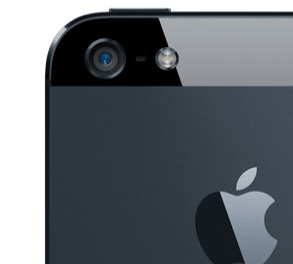Thanks to its complicated regulatory structure and the continuing popularity of web-enabled feature phones, Japan’s mobile market is difficult for foreign companies to penetrate. But Apple has finally managed to work its way to the top, according to a report by Counterpoint Research (h/t TNW).
Apple took a 16 percent market share in Q4 2012 and 15 percent for the full year of 2012, taking the top slot for the first time in annual terms and displacing Sharp’s six-year reign as champion. Sharp and Fujitsu each took 14 percent of the market in 2012. The research report notes that Apple had temporarily displaced Sharp in Q4 2011, but that the Japanese company climbed back to the top for the first half of 2012.
The Cupertino-based company has been in the No. 1 spot since November, says Counterpoint Research. Other foreign brands, including Samsung and LG, also increased their shares in Q4 2012, and their combined share of the market exceeded 50 percent for the first time in Japan’s history.
Apple’s performance is thanks in large part to telecom operators Softbank and KDDI, which both promoted the iPhone 5 as a challenge to DoCoMo, which does not yet carry the device. While DoCoMo tried to ward off competition with new smartphone models, its president has said that the company is willing to add the iPhone to its current lineup if it can reach an agreement with Apple.
As for how Apple’s new position at the top of the pack in Japan might change the company’s cloistered mobile industry, Counterpoint Research commented that things might get downright Darwinian as foreign competitors finally begin to duke it out with local brands:
Japan was once considered to be like a Galapagos Island, an isolated terrain, in terms of mobile technology. It had its own unique digital cellular technology. It was far more advanced than any market in the world and it seemed nearly impossible for any foreign technology company to penetrate the market. Motorola had failed and Nokia had failed. The wave of smartphones has changed the situation now and it looks like the Japanese market is a market that can be transformed after all for better or worse.
